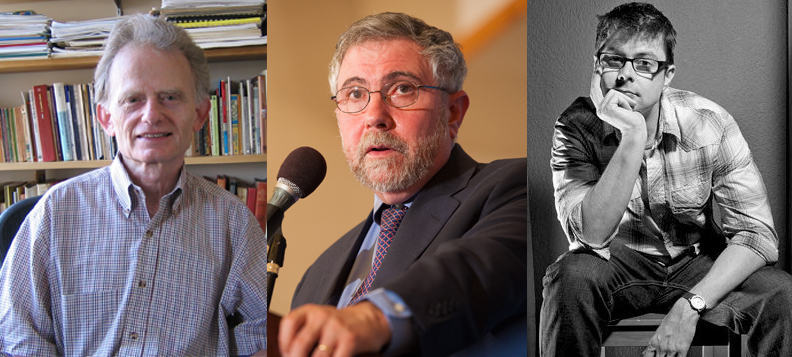The existing economy is already environmentally unsustainable. It is utterly implausible to think we can “decouple” economic growth from environmental impact so significantly, especially since recent decades of extraordinary technological advancement have only increased our impacts on the planet, not reduced them.
Moreover, if you asked politicians whether they’d rather have 4% growth than 3%, they’d all say yes. This makes the growth trajectory outlined above all the more absurd.
Others have shown why limitless growth is a recipe for disaster. I’ve argued that living in a degrowth economy would actually increase well-being, both socially and environmentally. But what would it take to get there?
In a new paper published by the Melbourne Sustainable Society Institute, I look at government policies that could facilitate a planned transition beyond growth – and I reflect on the huge obstacles lying in the way.
Measuring progress
First, we need to know what we’re aiming for.
It is now widely recognised that GDP – the monetary value of all goods and services produced in an economy – is a deeply flawed measure of progress.
GDP can be growing while our environment is being degraded, inequality is worsening, and social well-being is stagnant or falling. Better indicators of progress include the Genuine Progress Indicator (GPI), which accounts for a wide range of social, economic and environmental factors.
…click on the above link to read the rest of the article…








![Stop sign and poppy [Related Image]](http://newint.org/features/web-exclusive/2015/11/05/15.11.15-stop-590x393.jpg)





